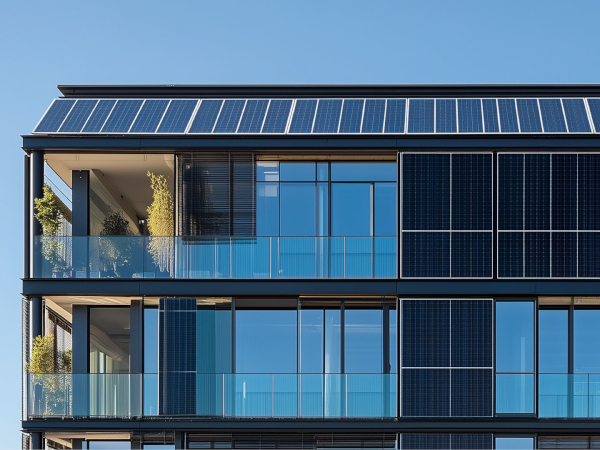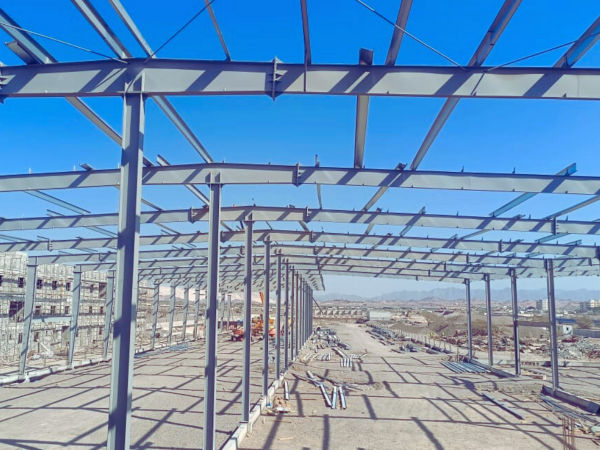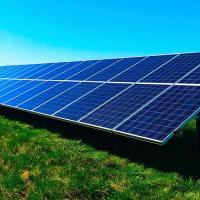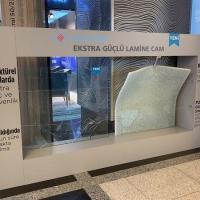As part of its strategy to be the leader in developing some of the key materials for more efficient solar panels, DuPont will manage the critical phase of prototype development and applications testing for the newly formed DuPont-University of Delaware Very High Efficiency Solar Cell (VHESC) Consortium. The announcement follows the University of Delaware’s demonstration of a viable design for a solar cell with a potential efficiency increase of 30 percent.The Defense Advanced Research Projects Agency (DARPA) awarded the consortium USD 12.2 million as part of a three-year, multi-phase program that could total up to USD 100 million. DuPont, the only company with more than eight key materials used in solar panels, will manage the consortium of proposed companies and scientific institutions dedicated to the optimization of the VHESC solar cells for efficiency and cost. The company has a 30-year history of science and innovation in the solar industry, developing new materials that make solar cells smaller and lighter, more efficient and cost effective. Solar panels convert light into electrical energy through the use of photovoltaic solar cells. “DuPont is focused on providing innovative renewable energy technologies to the photovoltaic industry,” said DuPont Senior Vice President and Chief Science and Technology Officer Uma Chowdhry. “We applaud the University of Delaware’s milestone achievement in developing a lab-scale solar cell module with exceptional efficiency.” We believe the science being developed under this consortium can be transformative if the successes of the program to date can be transitioned from the research laboratory to engineering and manufacturing prototypes. In our view, this is one of the most difficult steps in developing a new technology and we look forward to working with the University of Delaware and others in the next phase of research.”The DuPont-University of Delaware VHESC consortium initially will focus on the development of affordable portable battery chargers based on ultra-high efficiency solar cells, which allow readily deployable recharging of batteries. The proposed system offers significant improvements in solar cell efficiencies compared to existing battery chargers and record flat plate terrestrial solar cells that collect both the direct and diffuse radiation and are not mobile.
As part of its strategy to be the leader in developing some of the key materials for more efficient solar panels, DuPont will manage the critical phase of prototype development and applications testing for the newly formed DuPont-University of Delaware Very High Efficiency Solar Cell (VHESC) Consortium. The announcement follows the University of Delaware’s demonstration of a viable design for a solar cell with a potential efficiency increase of 30 percent.
The Defense Advanced Research Projects Agency (DARPA) awarded the consortium USD 12.2 million as part of a three-year, multi-phase program that could total up to USD 100 million. DuPont, the only company with more than eight key materials used in solar panels, will manage the consortium of proposed companies and scientific institutions dedicated to the optimization of the VHESC solar cells for efficiency and cost. The company has a 30-year history of science and innovation in the solar industry, developing new materials that make solar cells smaller and lighter, more efficient and cost effective. Solar panels convert light into electrical energy through the use of photovoltaic solar cells.
“DuPont is focused on providing innovative renewable energy technologies to the photovoltaic industry,” said DuPont Senior Vice President and Chief Science and Technology Officer Uma Chowdhry. “We applaud the University of Delaware’s milestone achievement in developing a lab-scale solar cell module with exceptional efficiency.” We believe the science being developed under this consortium can be transformative if the successes of the program to date can be transitioned from the research laboratory to engineering and manufacturing prototypes. In our view, this is one of the most difficult steps in developing a new technology and we look forward to working with the University of Delaware and others in the next phase of research.”
The DuPont-University of Delaware VHESC consortium initially will focus on the development of affordable portable battery chargers based on ultra-high efficiency solar cells, which allow readily deployable recharging of batteries. The proposed system offers significant improvements in solar cell efficiencies compared to existing battery chargers and record flat plate terrestrial solar cells that collect both the direct and diffuse radiation and are not mobile.
![]() 600450
600450
DuPont
2007-07-26T13:00:00
Sustainability: DuPont to Advance Solar Cell Module Research
glassonweb.com 


















Add new comment